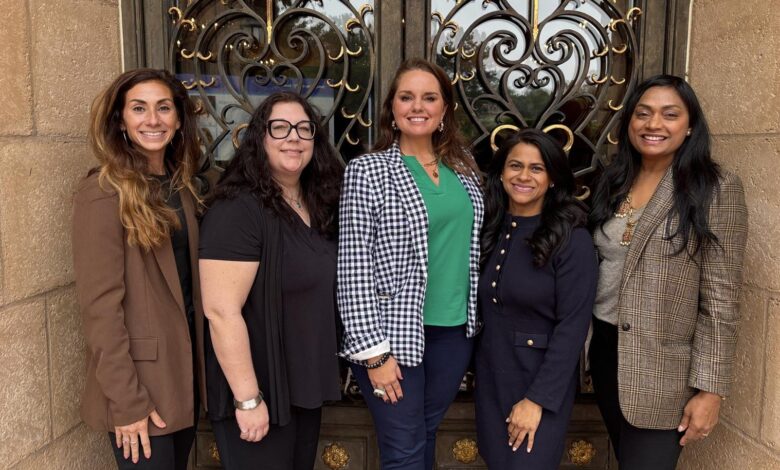
BITAC Sales & Marketing 2025 Panel: Digital Marketing and Commercial Strategies, Part 1
By Jim Nelson | May 7, 2025
SAN DIEGO, CA — At the recent BITAC/Hotel Interactive Sales & Marketing event, one of the panels took on digital marketing.

Moderated by Pristine Hospitality COO Arti Patel, the panelists were Stonebridge Companies Corporate Director — Digital Marketing and E-Commerce Dena St. Clair; Jyoti Sarolia, president/CEO of Ellis Hospitality Group; Angela Vaughn, vice president, digital at Miles Partnership; and Kiley Watkins, director of digital marketing & strategy at Island Hospitality Management.
As the moderator, Patel began the panel conversation by asking what role Facebook, TikTok, and Instagram play in hospitality marketing.
DENA ST. CLAIR: Every second — not every minute, but every second — eight new social media users are born, if you will. That’s a lot of new users; it’s across all generations, but primarily in the younger generations. And those generations have grown up with travel. They’ve grown up with experiences, and this is where things are going in the travel industry. So, you want to be in front of that audience and that’s your Instagram, your TikTok; in five, 10 years who knows what that might look like.
KILEY WATKINS: We use it for social listening. A lot of our properties that we manage, they’re select-service, they’re airport properties; we’re not really Insta worthy. However, guests will still DM us: “Can I check in early? Can I check out late? Do you have cribs?” And we use this as an opportunity to connect with our guests. For example, someone sent us a DM on Instagram: “It’s my husband’s birthday. Can we check in early?” We took it as, “Let’s make it a little special for them; yes, they can check in early, but let’s put a card in the room saying, ‘Happy Birthday,’ let’s do a complimentary bottle of wine or beer.” We use it more as a tool to really connect with our guests.
ANGELA VAUGHN: It’s that authentic storytelling on social that really is inspiring people to travel. And it’s not just that. Google and Bing and traditional search engines still represent approximately 36 percent of all search for accommodations for that very first touch point, but social is 11 percent of that. Ten years ago, that wasn’t even on our radars as marketers. So, social media as a whole has become an alternate to search engines, and we’re starting to see other channels have a very similar impact on traditional search engine results. We’re even starting to see a tiny little one percent of AI, of people going to ChatGPT and other engines to generate trip inspiration and trip ideas.
AP: So then, Jyoti, from an asset perspective, you have your direct bookings, you have your OTAs (online travel agencies), you have independent properties, and you have branded — what would you say in regard to your feeling of digital marketing in that space?
 JS: You definitely have to be in the digital space no matter what; if you work with a third party or you work with your brands, you have to be in that space. But one thing that we’ve experienced having a little bit of everything — we have IHGs, we have Choice Hotels, we have Best Westerns, and we have the two independents — on the independent side, 70 percent of our reservations come through the OTA engine, and some brands are at 13 percent, which is really low and really great to have, and some brands can be at 40 percent to 50 percent, so we’re always figuring out how to get it to our Brand.com site or direct booking because it’s the cheaper way of doing business. Someone said [during a previous panel]: Expedia spends a lot of money in marketing, number one, so you have to do business. As hotel owners we may not love them, but they do put a lot of heads in beds for us. Number two, what she said, which was really powerful, is that they’re creating more technology and AI platforms to be able to speak to that guest coming into your hotel. So, our challenge has always been how do we work with the brands to open up their real estate? And the real estate is literally [that] the customer’s data belongs to the brand. It doesn’t belong to the hotel operator, it doesn’t belong to the OTA, it belongs to the brand. Long story short, we have to play with everybody.
JS: You definitely have to be in the digital space no matter what; if you work with a third party or you work with your brands, you have to be in that space. But one thing that we’ve experienced having a little bit of everything — we have IHGs, we have Choice Hotels, we have Best Westerns, and we have the two independents — on the independent side, 70 percent of our reservations come through the OTA engine, and some brands are at 13 percent, which is really low and really great to have, and some brands can be at 40 percent to 50 percent, so we’re always figuring out how to get it to our Brand.com site or direct booking because it’s the cheaper way of doing business. Someone said [during a previous panel]: Expedia spends a lot of money in marketing, number one, so you have to do business. As hotel owners we may not love them, but they do put a lot of heads in beds for us. Number two, what she said, which was really powerful, is that they’re creating more technology and AI platforms to be able to speak to that guest coming into your hotel. So, our challenge has always been how do we work with the brands to open up their real estate? And the real estate is literally [that] the customer’s data belongs to the brand. It doesn’t belong to the hotel operator, it doesn’t belong to the OTA, it belongs to the brand. Long story short, we have to play with everybody.
AP: I was meeting with some companies earlier, and I’m like, “How do I make this revenue generation happen?” You’ve probably seen the revenue generation with your independent properties versus your OTA sites, as well.
JS: Revenue generation has to come from multi channels. And yes, we will never lose our dependency upon OTAs; they’re always going to have more spending power, they’re always going to have more global footprint than any individual property can have on their own. Making sure they’re a diverse piece of your mix is really important, but it’s also important to think from a strategy standpoint of those guests and what experiences they’re having on your property to convert them into a future direct guest instead of an OTA guest. It’s all about that experience, and research shows that guests will give you two opportunities, either in person or digitally, to become a lifetime guest. If you don’t get it right upon those two touch points, you’ve probably lost them forever, because there’s so many other places for them to go stay, and other things for them to go experience.
AP: Dena, with Stonebridge, you do everything, almost: the revenue side and the digital marketing side. Do you see a strategy that we should be playing in that role?
DSC: It starts at the top, it’s a mindset. It’s more than just sales and digital reporting out on a revenue call, “What happened in the last month?” It’s sitting down, looking cohesively, collaboratively at strategies for the future, having KPIs (key performance indicators) in common, accountability; I think all of that plays a part.
AP: Anything else on the cohesive part, where the investors need to really be paying attention to the marketing strategies?
JS: One of our hotels works hard to be an award-winning hotel; he went from being on the bottom five on Tripadvisor to being in the top five in the market. That has brought incremental revenue into our hotel because the consumers are heavily relying on Tripadvisor, and Tripadvisor uses a platform that gets picked up on ChatGPT.
AV: ChatGPT has the actual contract with Bing, and Bing actually is also directly pulling search results from Tripadvisor. Understanding where all the partnerships inside the network are, you can actually use that to your advantage of knowing you need to optimize your Tripadvisor profile. They have made a resurgence with their partnership with Bing, who also has partnership with ChatGPT, so ChatGPT is often going to serve Tripadvisor results over other results first.
In part 2 of this article, we’ll learn AI and its influence in the digital marketing world and which social media platforms these hospitality marketing experts use most.
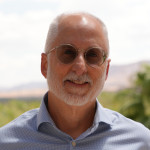

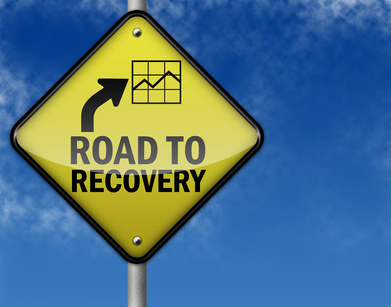

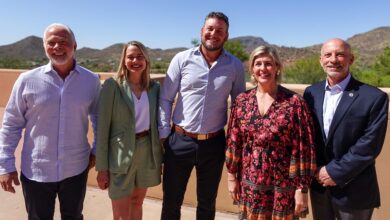
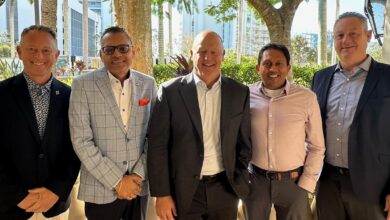
Get involved!
Comments